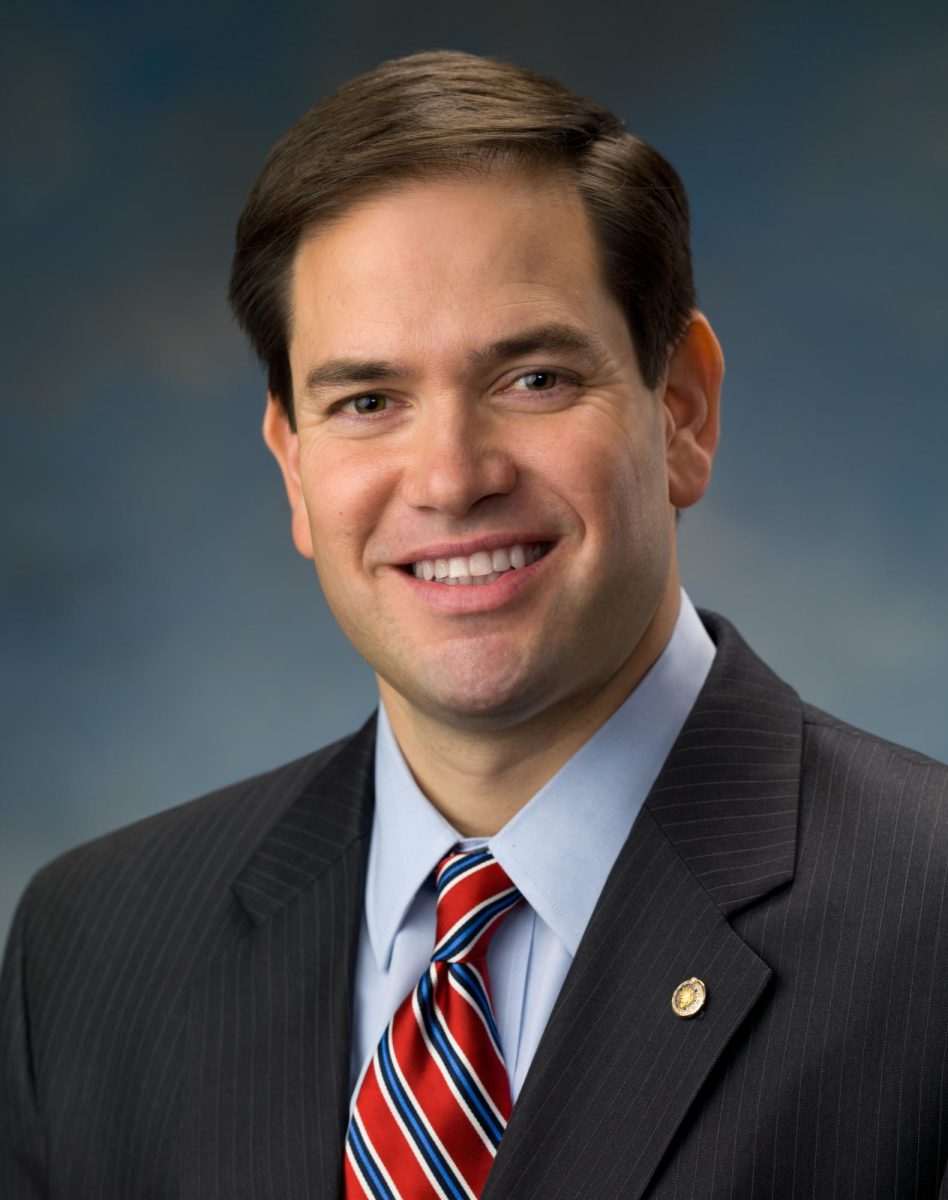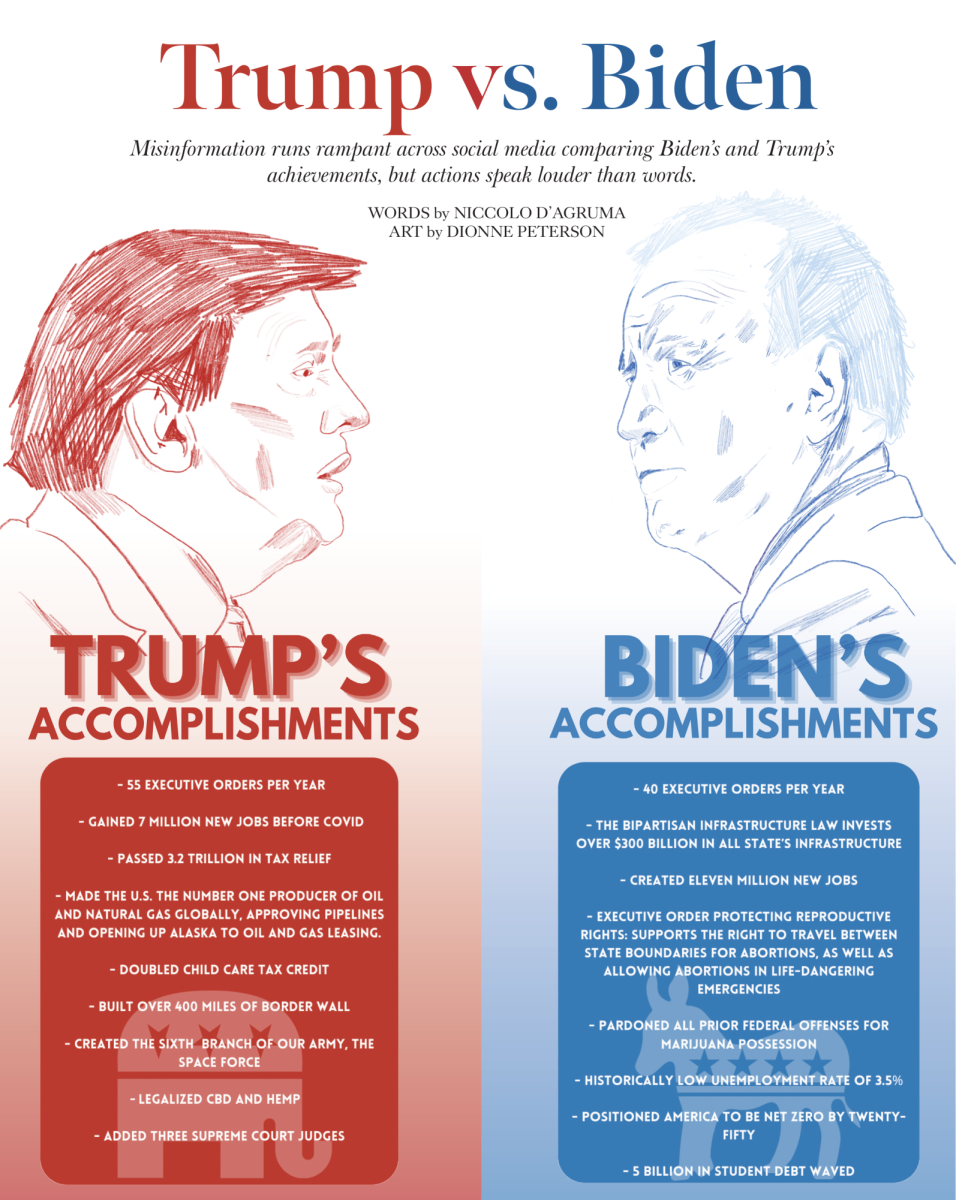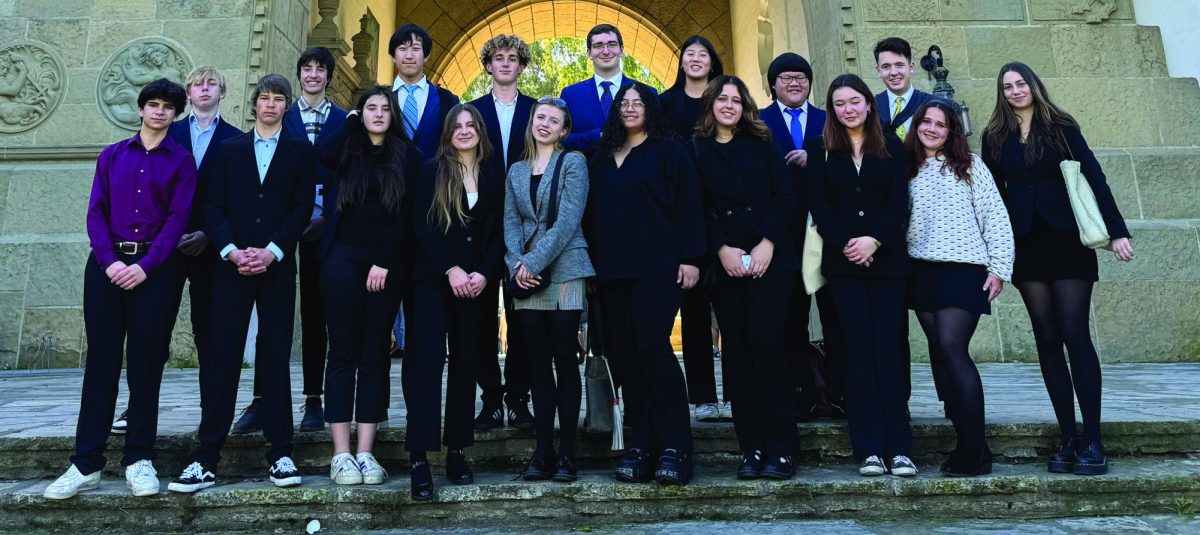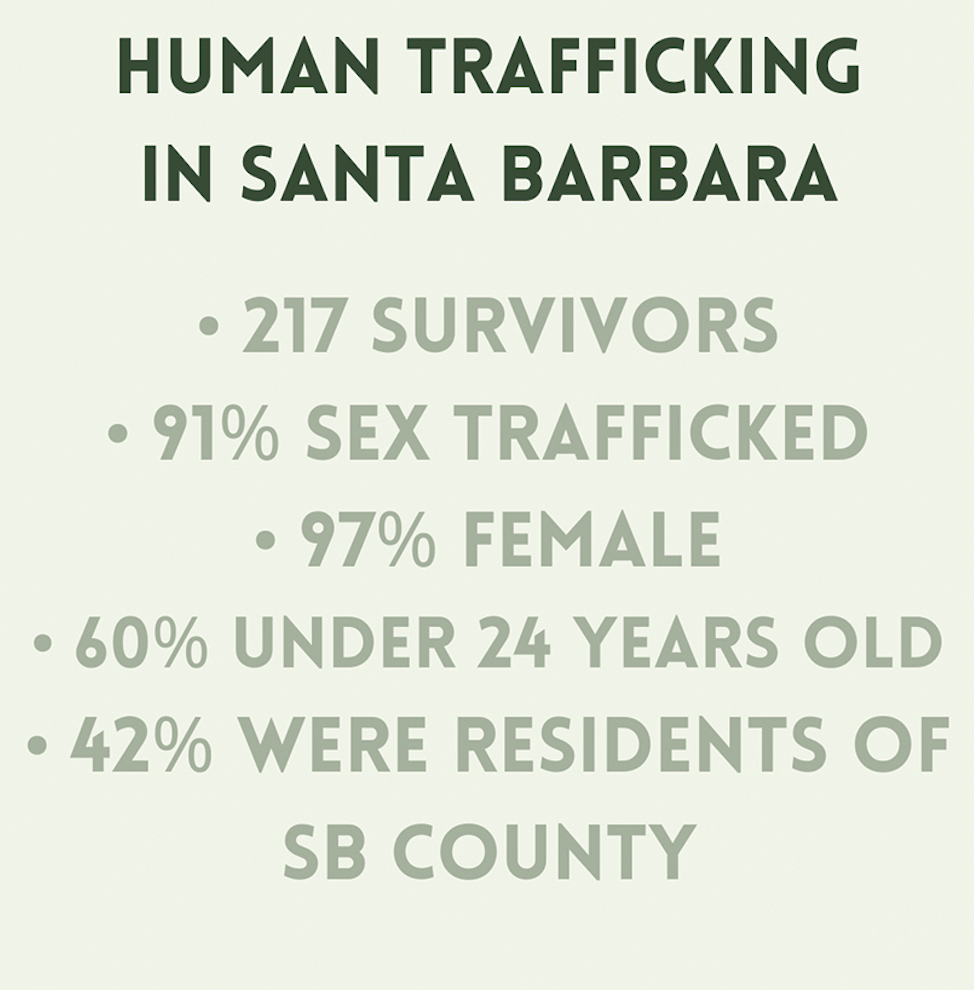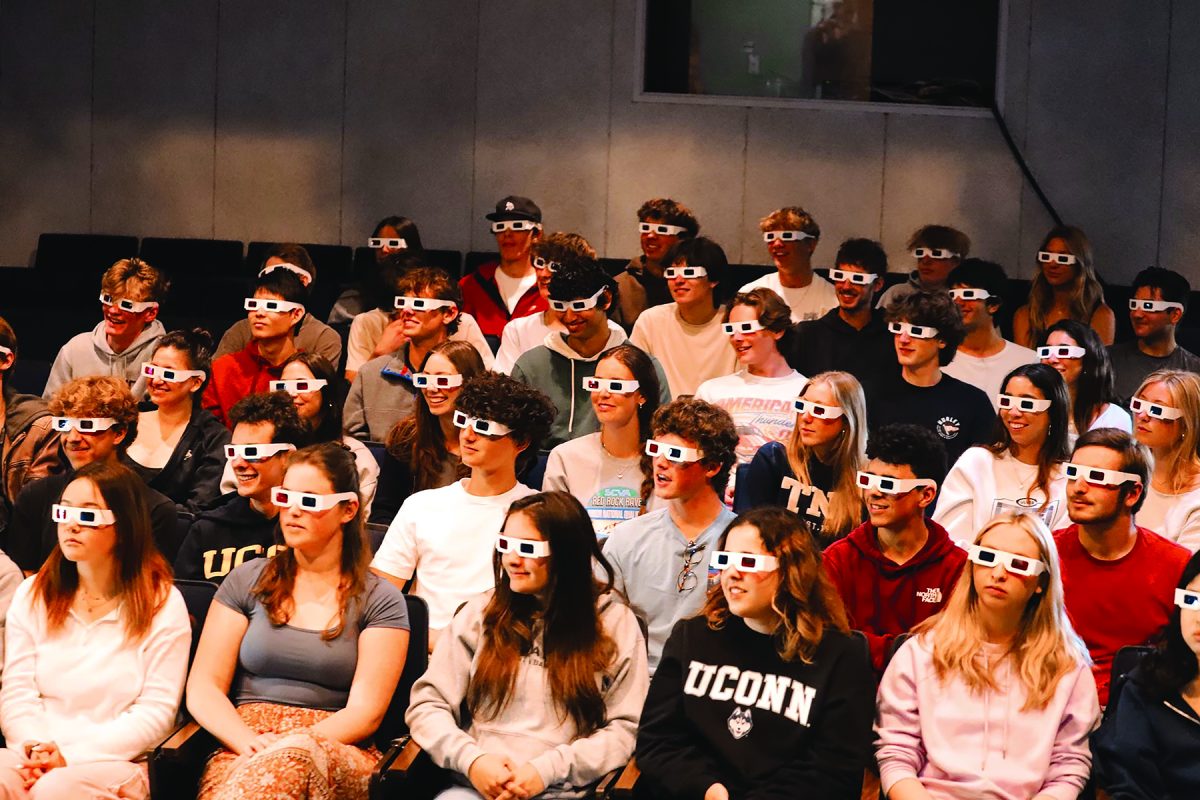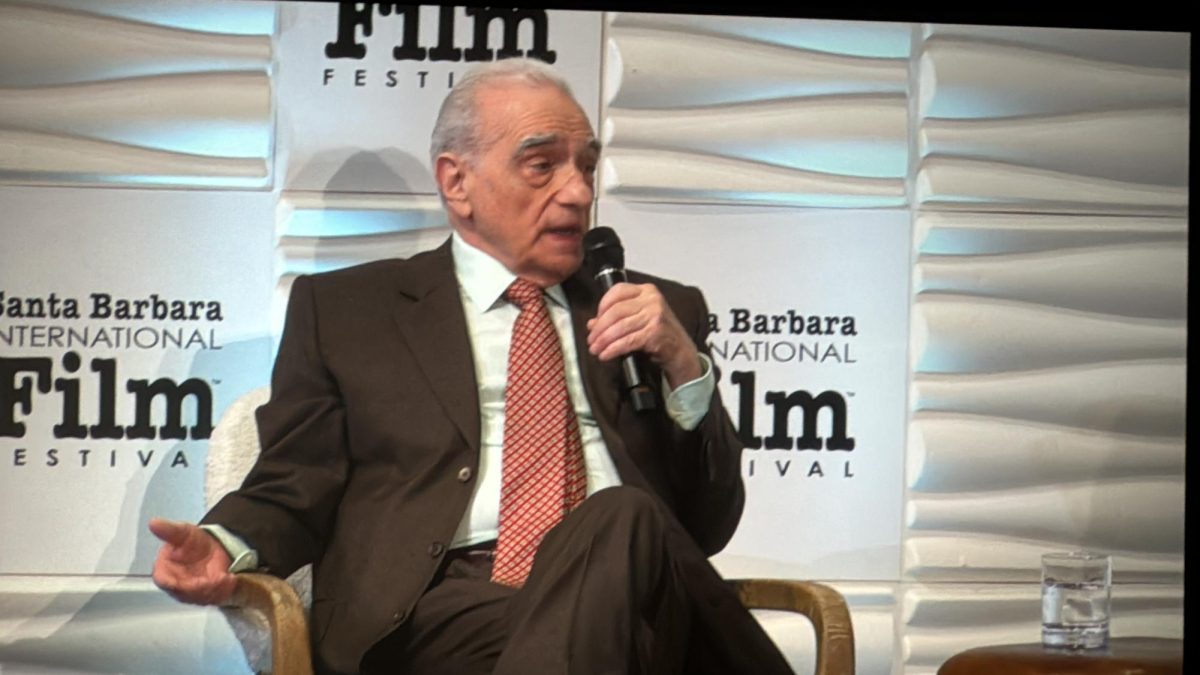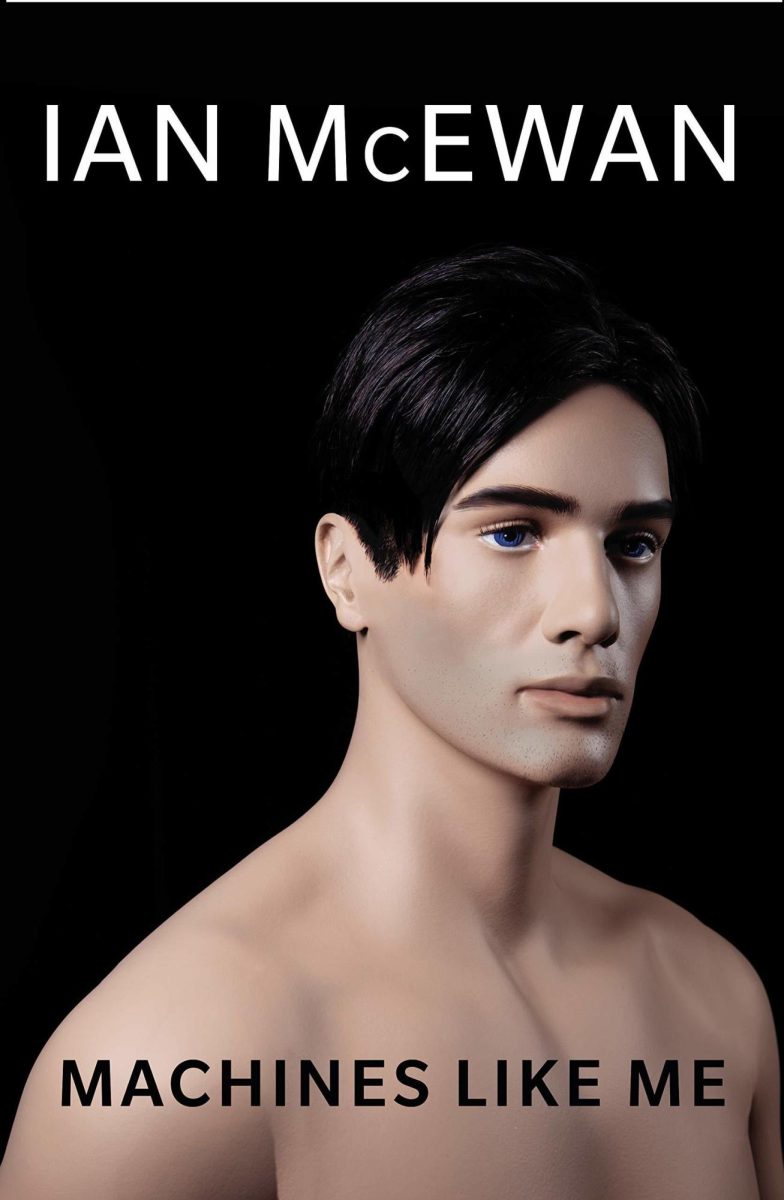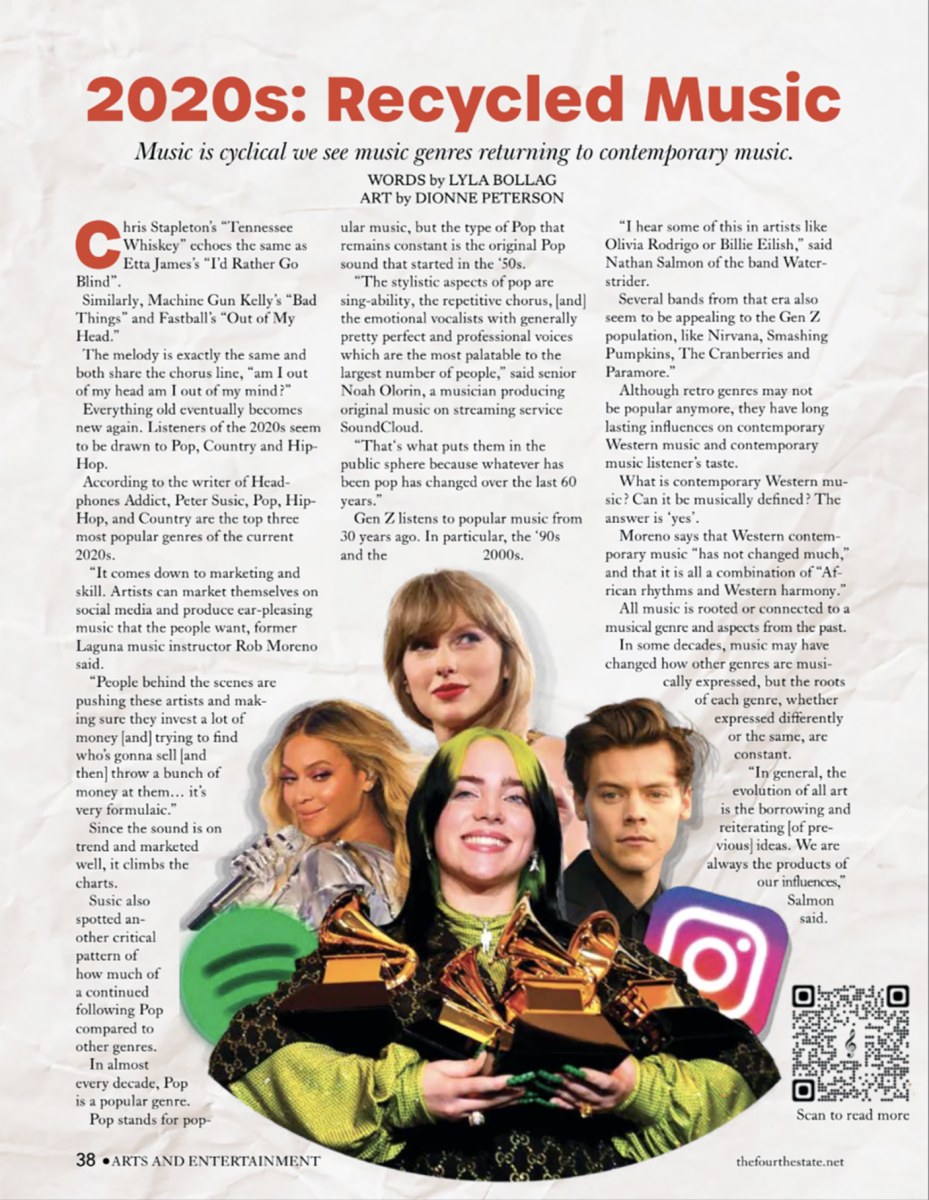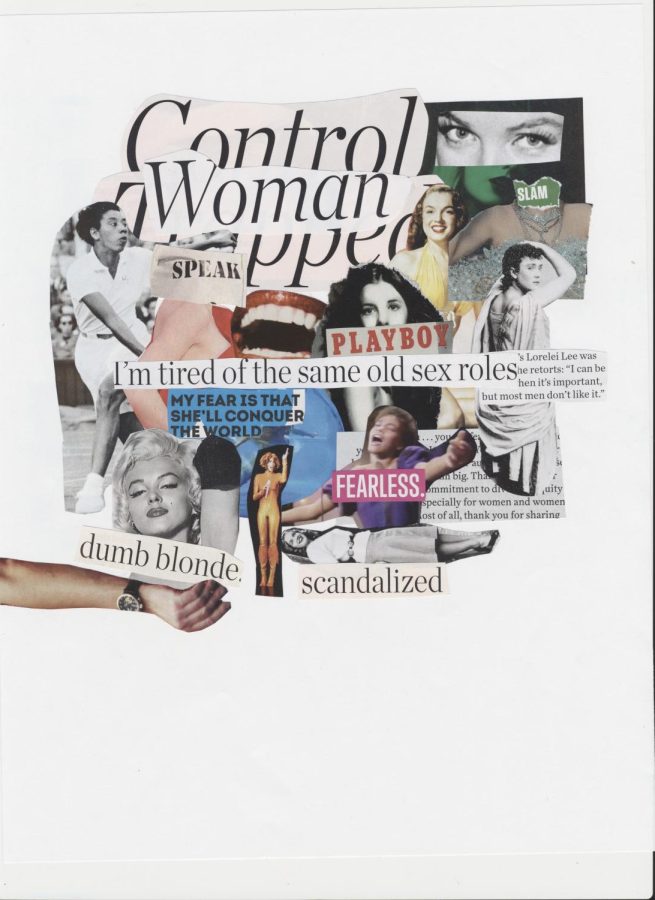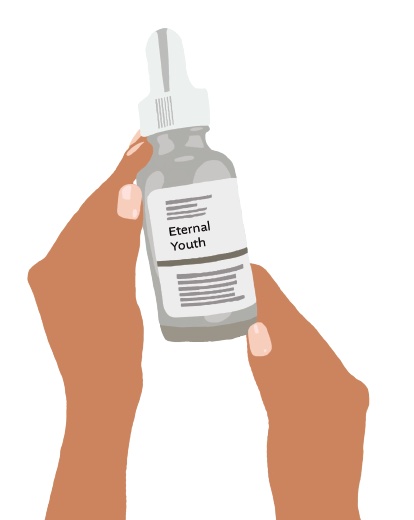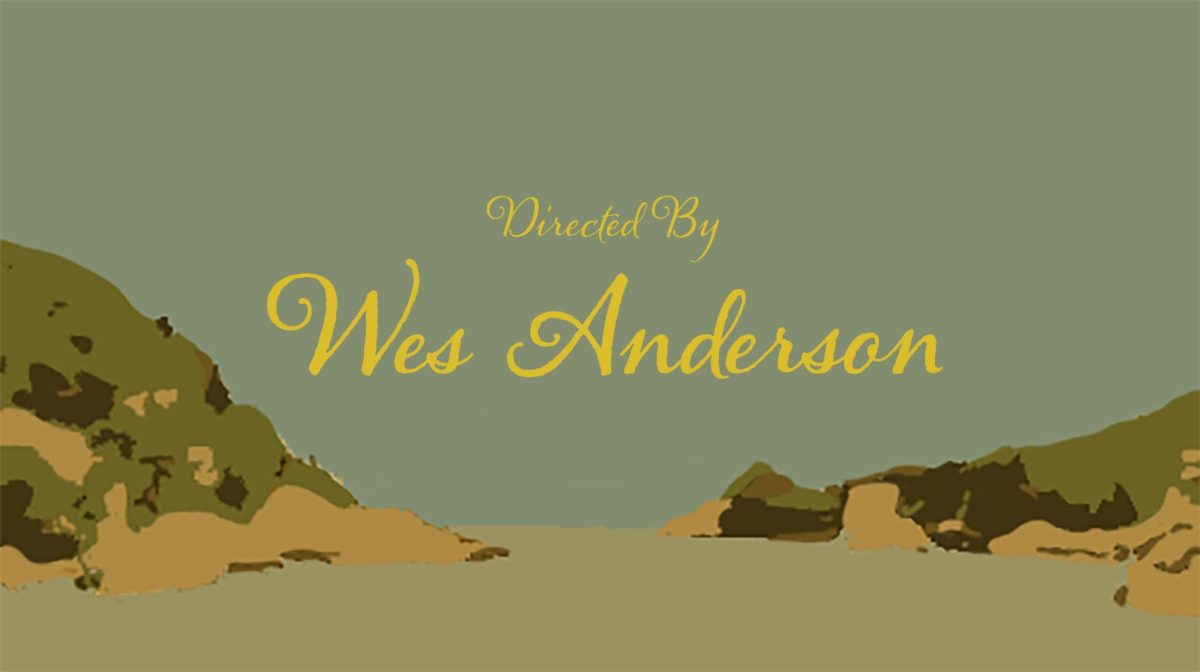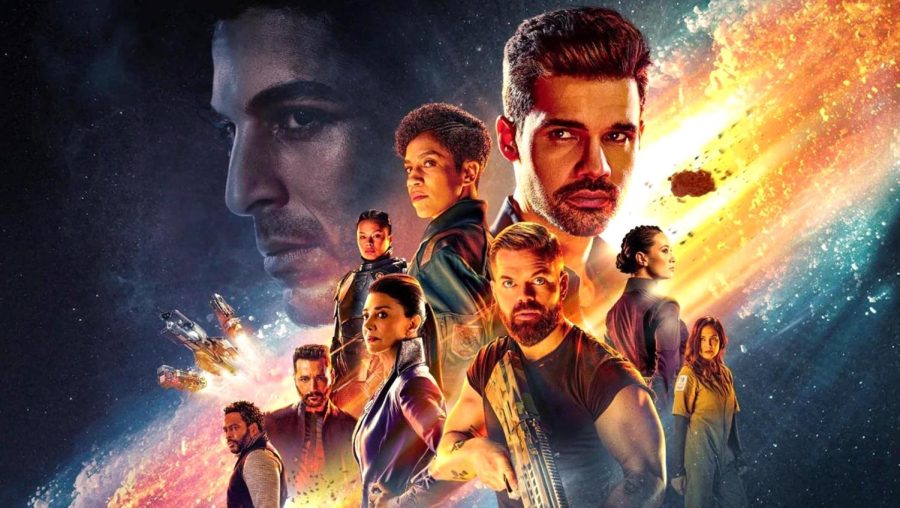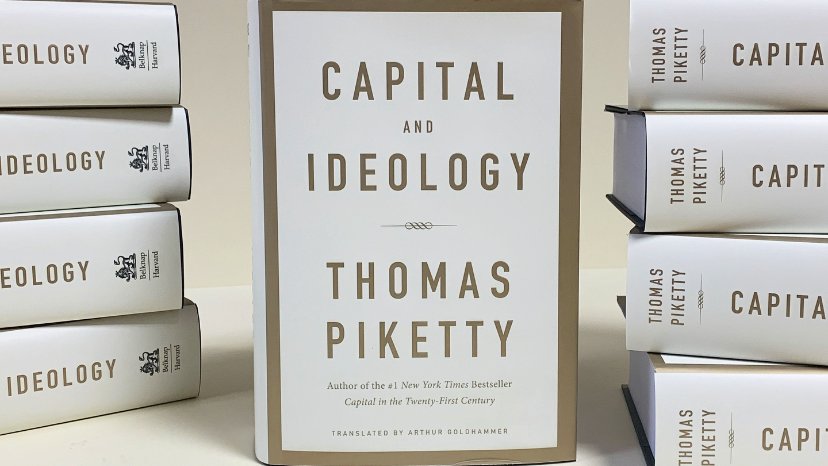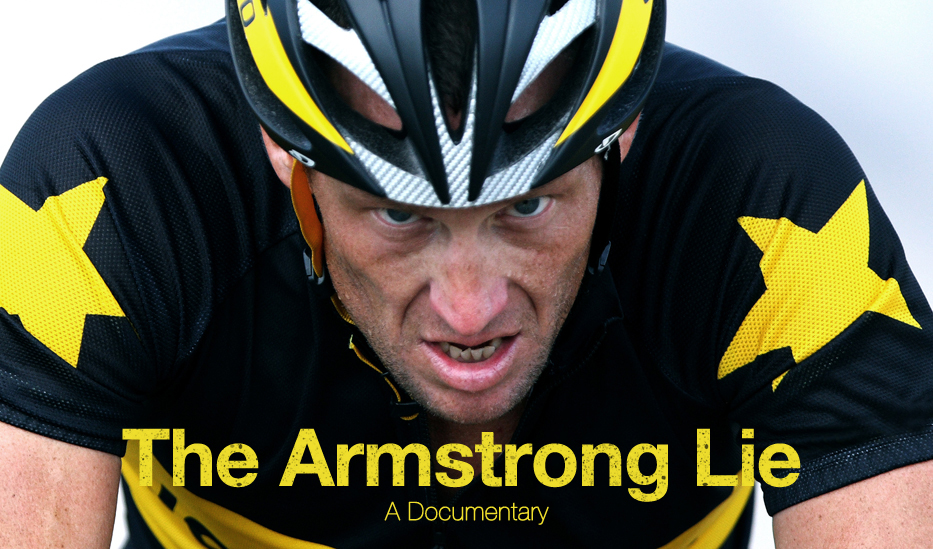Recently, I had the opportunity to attend the Toronto Inter- national Film Festival where I viewed the North American premiere of Academy Award winning filmmaker Alex Gibney’s “The Armstrong Lie.”
In his film, Gibney masterfully details the intricate story of infamous cyclist Lance Armstrong.
Because the movie was originally intended as an uplifting documentary about Armstrong’s comeback to pro cycling for the 2009 Tour de France, Gibney was provided full access for interviews with controversial doctor Michele Ferrari and many others.
In 2013, after Armstrong’s widely publicized admission of doping, the film changed direction from being a puff piece to what it is today: a fair, thorough and intriguing documentary about survival, deceit and power.
Armstrong’s career began with his 1992 entrance into the professional cycling circuit under the Motorola Cycling Team.
Only four years later he was diagnosed with stage 3 (advanced) testicular cancer.
He underwent immediate treatment, and was declared cancer free by the beginning of 1997.
After this experience, Armstrong adopted the attitude that losing, whether it be in his battle against cancer or in a cycling race, equals death.
It was with this point of view and ardent desire to win that Lance Arm- strong returned to the world of com- petitive cycling as a resilient cancer survivor, a powerful celebrity and a ruthless competitor.
Armstrong went on to win an unprecedented 7 Tour de France titles and become the most famous cyclist of all time.
Along the way, many accused him of doping, but time and time again he vehemently denied the allegations.
After it was finally proven that he had, indeed, been doping, Armstrong admitted to doing so on the Oprah Winfrey Show in January of this year.
During the interview, Armstrong answered questions truthfully, albeit concisely; the interview’s “yes” and “no” answers lacked details that many fans wanted to know.
Some of the documentary’s most profound and compelling insight responds to these questions, as Gibney reveals exactly how this cover up took
place.
Under the supervision of disreputable doctor Michele Ferrari, Armstrong utilized the drug EPO, as well as many others. In order to go undetected, Ferrari would obtain information about the latest drug tests from the Union Cycliste Internationale (UCI) president, Hein Verbruggen.
With this advantage, Armstrong and his team were able to time the 4 hours that it takes for EPO to leave one’s system accordingly and avoid detection.
This became their modus operandi for almost a decade.
Ironically, filmmaker Alex Gibney had at first been a fan and a believer in Lance Armstrong and had set out to make a puff piece purely pertaining to the positive aspects of the cyclist’s career.
In the end, he ultimately uncovered and pieced together the true story of Armstrong’s hamartia, a tragedy of Greek proportions.
Fresh off of its back-to-back premieres at the Venice and Toronto Film Festivals, “The Armstrong Lie” is a must see documentary when it hits theaters on Nov. 8 from Sony Pictures Classics.
“The Armstrong Lie” Review
November 1, 2013
0
Donate to The Fourth Estate
$50
$500
Contributed
Our Goal
Your donation will support the student journalists of Laguna Blanca School. Your contribution will allow us to purchase equipment and cover our annual website hosting costs.


